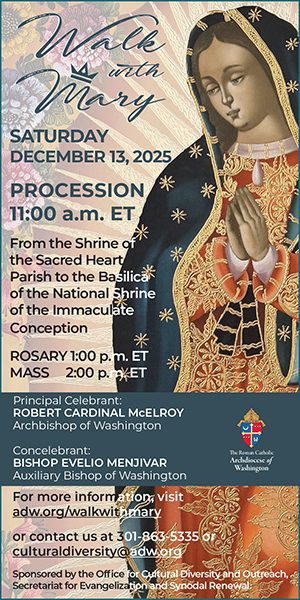Scripture Reflection for the 20 Sunday in Ordinary Time:
Jeremiah 38:4-6, 8-10
Psalm 40:2, 3, 4, 18
Hebrews 12:1-4
Luke 12:49-53
Wait. Did Jesus really say that?
The Gospel we hear this weekend arrives with a jolt, as we hear Jesus telling his followers something that they may not have anticipated: he didn’t really come to establish peace. He had something else in mind.
What? The crowd listening must have wondered, “Is this the same Jesus who told us to love each other and turn the other cheek?”
“I have come to set the earth on fire,” he said, and hearing that today we can’t help but remember all the fires that we know from Scripture – from the burning bush that captivated Moses to the tongues of flame that fell at Pentecost. They signaled the start of something powerful and new – and Jesus was likewise announcing the dawn of a new age. He went on to explain that his purpose wasn’t to unite, but to divide – even to split apart families and to make people choose which side they are on.
After last Sunday’s Gospel – which included Jesus warning people to “gird your loins and light your lamps” – we should realize what’s coming. At this point in Luke’s narrative, Jesus’s journey is taking a serious, ominous turn, and Christ wanted his followers to be prepared. Discipleship, he was saying, carries a cost. Choices will have to be made. There will be consequences. Suffering is inevitable; the world will one day be ablaze.
Taking that in, we might easily miss the details that Luke included – most notably, that plain fact that the divisions Jesus described were generational. “A father will be divided against his son,” he explained, “and a son against his father, a mother against her daughter and a daughter against her mother.”
It sounds like something more is at work in this passage. What we hear is more than a misunderstanding or a “generation gap.” Jesus was preparing his followers, letting them know an old order was being replaced by a new one.
The world that Jesus had been teaching, outlining, instituting – one of deep humility and sacrifice, radical selflessness and mercy, honoring both God and neighbor, living in faith by following the command to love – would by necessity cause families to break apart and make loyalties shift.
At this moment, Christ was asking people to choose. But that wasn’t the end of it. This is something he’s still asking each of us today.
Several years ago, during his Angelus message Pope Francis reflected on this passage and put it in a larger context. It’s supposed to be this way, he said. “The Gospel,” he explained, “does not leave things as they are…[it] provokes change and invites conversion. It sparks a restlessness that sets us in motion and drives us to open up to God and to our brothers. It is just like fire: while it warms us with God’s love, it wants to burn our selfishness, to enlighten the dark sides of life – we all have them, eh! – to consume the false idols that enslave us.”
When we hear this provocative passage, we need to ask ourselves: what parts of our lives do we need to burn off? What bad habits and feeble sins do we need to discard, to toss into the ash heap, so that we can become more fully aflame with love for the Gospel?
How far are we willing to go to become new creations? Maybe it means drawing closer to the hot light of Christ’s message – becoming, as Pope Francis put it, “inflamed with the fire of God’s love.”
Doing that might mean burning some bridges – but it might also inspire us to begin building new ones.
Deacon Greg Kandra is an award-winning author and journalist, and creator of the blog “The Deacon’s Bench.”












